July 6 stands as one of history’s most eventful days, witnessing the rise and fall of empires, groundbreaking discoveries, and moments that shaped our modern world across centuries of human achievement.
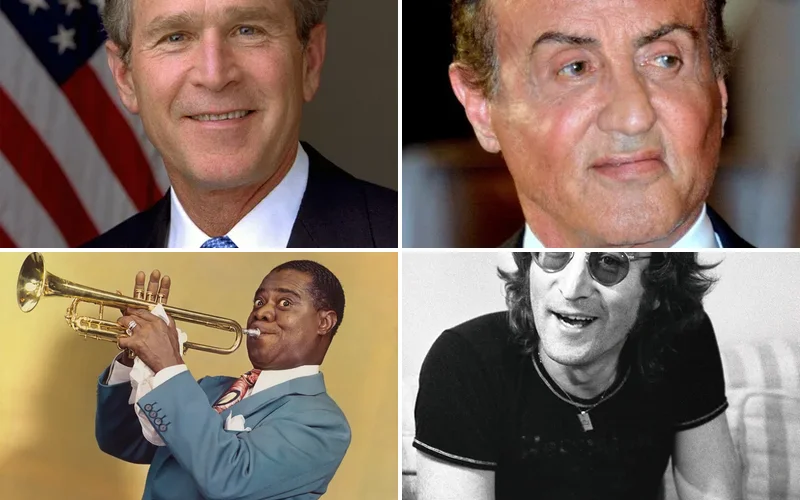
Politics and Government Events on July 6
1964 – Malawi Declares Independence from United Kingdom
Malawi broke free from British colonial rule on this historic date, marking the end of decades of foreign administration. The newly independent nation embarked on its journey toward self-governance and national identity.
Prime Minister Hastings Banda led the transition ceremonies in the capital city. Independence celebrations throughout the country reflected the population’s aspirations for freedom and prosperity.
1975 – Comoros Declares Independence from France
The Comoros archipelago in the Indian Ocean achieved independence from French colonial control. The island nation’s leaders proclaimed sovereignty after years of political negotiations with Paris.
This momentous declaration established the Comoros as Africa’s newest independent state. The transition marked the end of French administrative control over the strategic Indian Ocean territory.
1966 – Malawi Becomes Republic with Hastings Banda as President
Malawi transformed from a constitutional monarchy into a republic, with Hastings Banda assuming the presidency. This constitutional change consolidated the nation’s complete break from British governmental structures.
The republican transition strengthened Malawi’s sovereignty and established new political institutions. Banda’s presidency would shape the country’s development for decades to come.
1947 – Sylhet Referendum Decides Partition Fate
Citizens of Sylhet voted in a crucial referendum to determine their region’s destiny during India’s partition. The electoral process would decide whether Sylhet joined Pakistan or remained with India.
This democratic exercise represented one of the most significant boundary decisions in South Asian history. The referendum’s outcome affected millions of people across the subcontinent.
2006 – Nathu La Pass Reopens Between India and China
The strategic Nathu La mountain pass reopened for trade after 44 years of closure following the Sino-Indian War. This diplomatic breakthrough marked a significant thaw in relations between Asia’s two largest nations.
Commercial vehicles crossed the historic border for the first time since 1962. The reopening symbolized renewed cooperation between India and China in the Himalayan region.
Military and Naval History on July 6
1917 – Lawrence of Arabia Captures Aqaba
T.E. Lawrence led Arabian forces in a daring assault that captured the strategic port of Aqaba from Ottoman control. The victory opened a crucial supply route for Allied forces during the Arab Revolt.
Lawrence’s unconventional tactics and leadership inspired Arab fighters to achieve this stunning military success. The capture of Aqaba became one of the most celebrated victories of the desert campaign.
1941 – German Offensive Near Smolensk Begins
Wehrmacht forces launched a major offensive to encircle Soviet armies positioned near the strategic city of Smolensk. This operation represented a critical phase in Germany’s invasion of the Soviet Union.
The German advance threatened to trap hundreds of thousands of Red Army soldiers in a massive pocket. The battle would determine the fate of Moscow’s western defensive approaches.
1944 – Jackie Robinson Refuses Bus Segregation
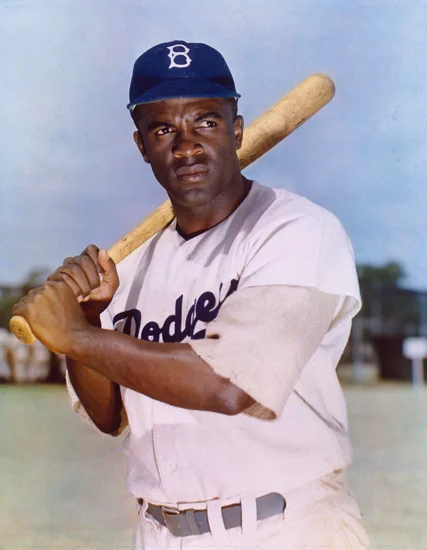
Future baseball legend Jackie Robinson courageously refused to move to the back of a military bus, leading to his court-martial. This act of defiance occurred years before he broke baseball’s color barrier.
Robinson’s stand against segregation demonstrated the courage that would later make him an icon of civil rights. The incident foreshadowed his historic role in integrating professional sports.
1920 – Nigerian Civil War Begins
Nigerian federal forces launched their invasion of the breakaway Republic of Biafra, beginning one of Africa’s most devastating conflicts. The war would consume the region for three years and claim millions of lives.
The conflict arose from ethnic tensions and disputes over oil revenues in southeastern Nigeria. International powers became involved as the humanitarian crisis deepened throughout the region.
1937 – Battle of Brunete Commences
Spanish Republican forces launched a major offensive against Nationalist positions at Brunete to relieve pressure on besieged Madrid. The battle represented the Republic’s last major attempt to break the siege.
Republican commanders committed their best troops and equipment to this crucial operation. The outcome would significantly influence the Spanish Civil War’s final phase.
Science and Discovery Milestones on July 6
1962 – Sedan Nuclear Test Conducted
The United States detonated a massive nuclear device as part of Operation Plowshare, creating one of the largest man-made craters in history. This test explored peaceful applications of nuclear explosives for large-scale excavation projects.
The 104-kiloton explosion moved 12 million tons of earth and rock in seconds. Scientists studied the blast’s effects to evaluate nuclear engineering for civilian construction projects.
1947 – AK-47 Enters Production

The Soviet Union began manufacturing the AK-47 assault rifle, destined to become the world’s most widely used automatic weapon. Mikhail Kalashnikov’s design emphasized reliability and ease of maintenance over precision.
The weapon’s simple construction allowed mass production in factories across the communist bloc. The AK-47 would eventually arm military forces and insurgent groups worldwide.
2003 – Cosmic Call 2 Message Transmitted
The Yevpatoria Planetary Radar transmitted humanity’s second major interstellar message to five nearby star systems. Scientists aimed these communications at potentially habitable worlds around distant suns.
The messages will reach their destinations between 2036 and 2049, carrying mathematical and cultural information about Earth. This ambitious project represents humanity’s continued efforts to establish extraterrestrial contact.
1919 – British Airship Completes Atlantic Crossing
The dirigible R34 landed in New York after completing the first transatlantic flight by an airship. This achievement demonstrated the potential for regular passenger service across the Atlantic Ocean.
The successful crossing proved that lighter-than-air vehicles could compete with ships for long-distance travel. The R34’s journey marked a significant milestone in aviation history.
Cultural and Arts Events on July 6
1957 – John Lennon and Paul McCartney First Meeting

Two teenagers named John Lennon and Paul McCartney met for the first time at Woolton Fete in Liverpool. Their musical partnership would eventually transform popular music and create the most successful band in history.
McCartney impressed Lennon by playing “Twenty Flight Rock” on his guitar that summer afternoon. This chance encounter planted the seeds for the Beatles’ formation three years later.
1962 – The Late Late Show Premieres

Ireland’s RTÉ One television network launched The Late Late Show, which would become the world’s longest-running chat show by the same broadcaster. The program pioneered the late-night talk show format in Europe.
Host Gay Byrne guided the show through its early years, establishing it as Ireland’s premier entertainment program. The Late Late Show became a cultural institution that shaped Irish broadcasting for generations.
1939 – Nazi Germany Closes Jewish Enterprises
The Nazi regime implemented final legislation closing all remaining Jewish-owned businesses throughout Germany. This economic persecution represented another step in the systematic exclusion of Jews from German society.
The closures devastated Jewish families and communities across the country. These actions foreshadowed the more extreme measures that would follow during the Holocaust.
1998 – Hong Kong International Airport Opens
Hong Kong’s new international airport began operations at Chek Lap Kok, replacing the historic Kai Tak Airport. The massive infrastructure project cost billions of dollars and required extensive land reclamation.
The modern facility handled larger aircraft and increased passenger capacity significantly. The airport’s opening marked Hong Kong’s continued development as an international aviation hub.
Religious and Social Events on July 6
1942 – Anne Frank Family Goes Into Hiding

Anne Frank and her family entered the secret annex above her father’s Amsterdam office, beginning their two-year concealment from Nazi persecution. Their hiding place would become one of history’s most famous refuges.
The Frank family joined the van Pels family in the cramped quarters behind the bookcase. Anne’s diary, written during this period, would later become one of the most widely read books in the world.
1944 – Hartford Circus Fire Tragedy

A devastating fire swept through the Ringling Brothers and Barnum & Bailey Circus tent in Hartford, Connecticut, killing approximately 168 people. The tragedy became one of America’s worst fire disasters.
The circus tent’s waterproof coating proved highly flammable, causing the fire to spread rapidly. Most victims were women and children who had attended the afternoon performance.
1988 – Piper Alpha Oil Platform Disaster
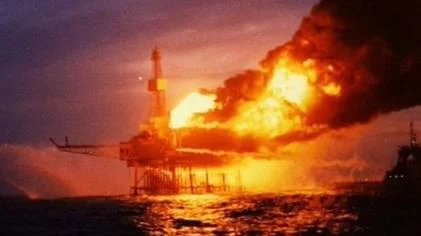
Explosions and fires destroyed the Piper Alpha drilling platform in the North Sea, killing 167 oil workers. The disaster became the world’s worst offshore oil accident in terms of direct loss of life.
Gas leaks ignited and triggered a series of explosions that consumed the entire platform. The tragedy led to major improvements in offshore safety regulations worldwide.
1995 – Srebrenica Attack Begins
Serbian forces under General Ratko Mladić launched their assault on the Bosnian town of Srebrenica, beginning one of the war’s most tragic episodes. The attack would culminate in Europe’s worst massacre since World War II.
The supposedly safe UN-protected enclave fell within days of the offensive’s start. Thousands of Bosnian Muslim men and boys would be systematically murdered in the following weeks.
Business and Economic Events on July 6
1936 – Manchester Canal Breach Disaster
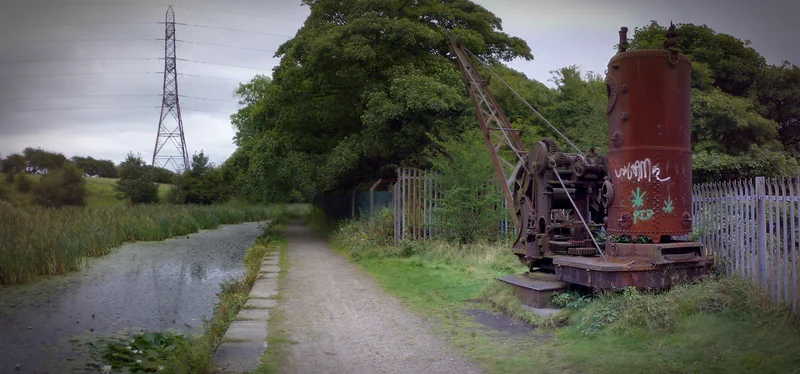
A major breach in the Manchester Bolton & Bury Canal sent millions of gallons of water cascading 200 feet into the River Irwell below. The engineering failure caused significant flooding and property damage throughout the region.
The canal collapse disrupted transportation and commerce across Greater Manchester. Local authorities mobilized emergency crews to contain the flooding and assess structural damage.
1982 – Aeroflot Flight 411 Crashes
An Ilyushin Il-62 operating as Aeroflot Flight 411 crashed near Moscow while attempting to return to Sheremetyevo Airport, killing all 90 people aboard. The tragedy highlighted ongoing safety concerns in Soviet aviation.
Investigators determined that mechanical failure caused the aircraft to lose control during its approach. The crash prompted reviews of maintenance procedures for Soviet commercial aircraft.
1996 – Delta Air Lines Turbine Failure
A McDonnell Douglas MD-88 operating as Delta Air Lines Flight 1288 experienced catastrophic turbine engine failure during takeoff from Pensacola International Airport. The engine explosion killed two passengers and injured five others.
Metal fragments from the failed engine penetrated the aircraft’s fuselage and cabin. The incident led to enhanced inspection requirements for older commercial aircraft engines.
Transportation and Infrastructure on July 6
1940 – Story Bridge Opens in Brisbane

Brisbane’s Story Bridge was formally opened, becoming Australia’s longest cantilever bridge and a major landmark for the city. The steel structure connected the northern and southern shores of the Brisbane River.
The bridge’s construction provided employment during the Great Depression while creating vital infrastructure for the growing city. Story Bridge became an iconic symbol of Brisbane’s development and progress.
2013 – Lac-Mégantic Train Disaster

A runaway oil train derailed and exploded in Lac-Mégantic, Quebec, killing at least 47 people and destroying more than 30 buildings in the town center. The disaster highlighted the dangers of transporting crude oil by rail.
The unmanned train carrying 72 tank cars of crude oil rolled downhill into the town’s center. The resulting explosions and fires devastated the small Quebec community.
2013 – Asiana Airlines Flight 214 Crash
A Boeing 777 operating as Asiana Airlines Flight 214 crashed during landing at San Francisco International Airport, killing three and injuring 181 passengers. The accident occurred during a visual approach in clear weather conditions.
Investigators determined that the crew’s mismanagement of the aircraft’s speed and altitude caused the crash. The accident highlighted the importance of pilot training for manual approaches.
2021 – Petropavlovsk-Kamchatsky Air Flight 251 Crash
An Antonov An-26 aircraft crashed while approaching Palana Airport in Russia’s Kamchatka Peninsula, killing all 28 people aboard. The aging aircraft operated a scheduled passenger service to the remote Russian region.
Poor weather conditions and the aircraft’s age contributed to the tragic accident. The crash highlighted the challenges of maintaining aviation safety in Russia’s remote territories.
Sports and Recreation on July 6
1933 – First Major League Baseball All-Star Game

The inaugural MLB All-Star Game took place at Chicago’s Comiskey Park, with the American League defeating the National League 4-2. This exhibition game brought together the sport’s greatest stars for the first time.
Babe Ruth homered for the American League in the historic contest. The All-Star Game became an annual tradition that continues to showcase baseball’s top talent.
1957 – Althea Gibson Wins Wimbledon
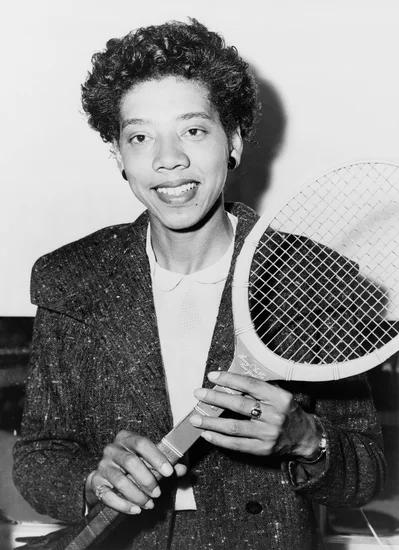
Althea Gibson became the first Black athlete to win the Wimbledon Championships, breaking tennis’s color barrier at the sport’s most prestigious tournament. Her victory marked a watershed moment in both tennis and civil rights.
Gibson’s triumph came during the height of the American civil rights movement. Her success opened doors for future generations of Black tennis players worldwide.
1918 – Left SR Uprising Begins
The Left Socialist Revolutionary uprising in Russia commenced with the assassination of German ambassador Wilhelm von Mirbach by Cheka members. The revolt challenged Bolshevik authority and the Treaty of Brest-Litovsk.
The Left SRs opposed Lenin’s peace agreement with Germany and sought to reignite the war. Their rebellion was quickly suppressed, consolidating Bolshevik control over the Russian government.
Notable Births on July 6
1907 – Frida Kahlo Born

Mexican artist Frida Kahlo was born in Coyoacán, Mexico City, destined to become one of the world’s most celebrated painters. Her childhood was marked by polio and later a devastating bus accident that shaped her artistic vision.
Kahlo’s surrealist self-portraits and passionate political beliefs made her an icon of Mexican culture. Her tumultuous relationship with muralist Diego Rivera became legendary in the art world.
1946 – George W. Bush Born

Future 43rd President of the United States George W. Bush was born in New Haven, Connecticut, into a prominent political family. His father, George H.W. Bush, would also serve as president.
Bush’s presidency would be defined by the September 11 attacks and subsequent War on Terror. His leadership during America’s most challenging period since World War II left a lasting impact on the nation.
1946 – Sylvester Stallone Born
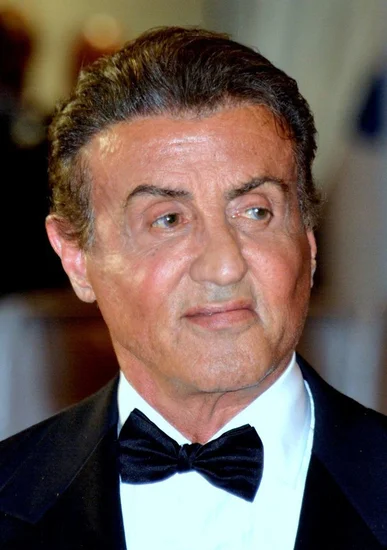
American actor Sylvester Stallone was born in New York City, destined to become one of Hollywood’s biggest action stars. His early struggles as an actor motivated him to write his own screenplays.
Stallone’s creation of the Rocky character launched his career and established him as a cultural icon. His portrayal of underdog heroes inspired millions of moviegoers worldwide.
1948 – Tenzin Gyatso, 14th Dalai Lama Born
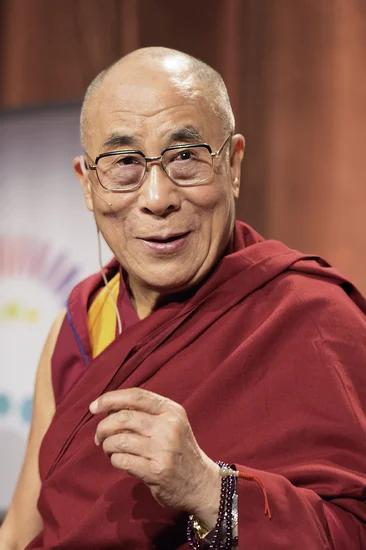
The 14th Dalai Lama was born in a small village in northeastern Tibet, later becoming the spiritual leader of Tibetan Buddhism. His early recognition as the reincarnation of the previous Dalai Lama changed his life’s trajectory.
The Chinese invasion of Tibet forced him into exile in India in 1959. His non-violent resistance to Chinese rule earned him the Nobel Peace Prize in 1989.
1925 – Merv Griffin Born

Television producer Merv Griffin was born in San Mateo, California, destined to revolutionize game show entertainment. His creative vision transformed television programming and established lasting cultural institutions.
Griffin created both “Wheel of Fortune” and “Jeopardy!” which became television’s most successful game shows. His productions entertained millions of viewers for decades.
1925 – Bill Haley Born

Rock and roll pioneer Bill Haley was born in Highland Park, Michigan, destined to help create a new musical genre. His innovative fusion of country and rhythm and blues influenced countless musicians.
Haley’s “Rock Around the Clock” became one of the first major rock and roll hits. His energetic performances helped establish rock music as a dominant cultural force.
1937 – Vladimir Ashkenazy Born

Russian-Icelandic pianist and conductor Vladimir Ashkenazy was born in Gorky, Soviet Union, destined to become one of classical music’s most celebrated performers. His exceptional talent emerged at an early age.
Ashkenazy’s interpretations of Romantic and Russian composers earned international acclaim. His dual career as pianist and conductor established him as a versatile musical artist.
1975 – 50 Cent Born

American rapper 50 Cent was born Curtis Jackson in Queens, New York, destined to become one of hip-hop’s most successful artists. His challenging upbringing in South Jamaica inspired his musical storytelling.
50 Cent’s debut album “Get Rich or Die Tryin'” became a massive commercial success. His entrepreneurial ventures expanded his influence beyond music into business and entertainment.
Notable Deaths on July 6
1971 – Louis Armstrong Dies

Jazz legend Louis Armstrong died in New York City, ending one of music’s most influential careers. His innovative trumpet playing and distinctive vocals helped define American jazz music.
Armstrong’s recordings and performances spread jazz music worldwide during the 20th century. His artistic legacy continues to inspire musicians across all genres of popular music.
1962 – William Faulkner Dies
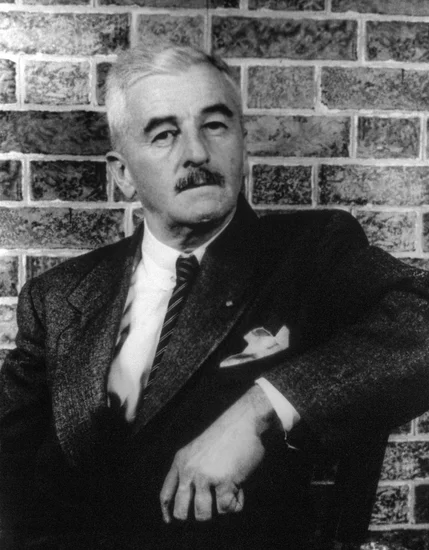
Nobel Prize-winning author William Faulkner died in Mississippi, concluding one of American literature’s most distinguished careers. His novels explored the complexities of the American South with unparalleled depth.
Faulkner’s experimental narrative techniques influenced generations of writers worldwide. His fictional Yoknapatawpha County became one of literature’s most vivid created worlds.
2020 – Ennio Morricone Dies
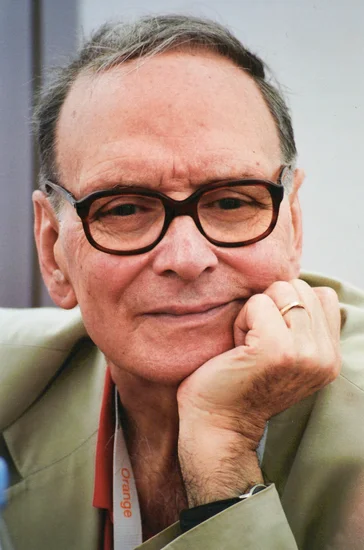
Italian composer Ennio Morricone died in Rome, ending one of cinema’s most prolific and influential careers. His film scores redefined the relationship between music and motion pictures.
Morricone’s compositions for spaghetti westerns and international films earned him legendary status. His innovative orchestrations influenced countless composers and filmmakers throughout his career.
2019 – Cameron Boyce Dies

Young American actor Cameron Boyce died suddenly at age 20, shocking fans worldwide. His performances in Disney Channel productions made him a beloved figure among young audiences.
Boyce’s philanthropic work and positive influence on youth culture extended beyond his acting career. His unexpected death highlighted the importance of epilepsy awareness and research.
2019 – João Gilberto Dies

Brazilian musician João Gilberto died in Rio de Janeiro, ending the life of bossa nova’s founding father. His innovative guitar playing and subtle vocals created an entirely new musical style.
Gilberto’s collaboration with Antonio Carlos Jobim produced some of Brazil’s most beloved songs. His influence on Brazilian and international music continues to resonate today.
1975 – Otto Klemperer Dies
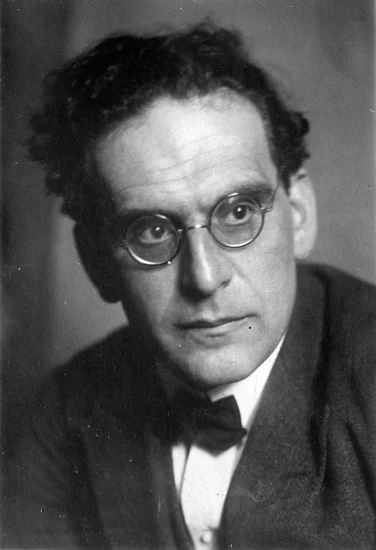
German-American conductor Otto Klemperer died in Switzerland, concluding one of classical music’s most distinguished careers. His interpretations of German symphonic works set the standard for orchestral performance.
Klemperer’s conducting style emphasized structural clarity and emotional depth. His recordings with major orchestras preserved definitive interpretations of classical masterworks.
2022 – James Caan Dies

American actor James Caan died in Los Angeles, ending a career that spanned over five decades. His intense dramatic performances made him one of Hollywood’s most respected character actors.
Caan’s role as Sonny Corleone in “The Godfather” established him as a major film star. His versatility allowed him to excel in both dramatic and comedic roles throughout his career.
Holidays and Observances on July 6
Independence Day (Malawi)
Malawi celebrates its independence from the United Kingdom achieved in 1964. The national holiday commemorates the end of British colonial rule and the beginning of self-governance.
Citizens participate in parades and cultural events throughout the country. The day reflects on Malawi’s journey toward democracy and development since independence.
Independence Day (Comoros)
The Comoros observes its independence from France achieved in 1975. The Indian Ocean island nation celebrates its sovereignty and cultural identity on this national holiday.
Traditional music and dance performances mark the celebration across the islands. The day honors the Comoros’ unique heritage and its place in the African community.
Jan Hus Day (Czech Republic)
The Czech Republic commemorates Jan Hus, the religious reformer who was burned at the stake in 1415. This national holiday honors his contributions to Czech religious and cultural identity.
Hus’s teachings influenced the Protestant Reformation and Czech national consciousness. The day reflects on religious freedom and the importance of individual conscience.
